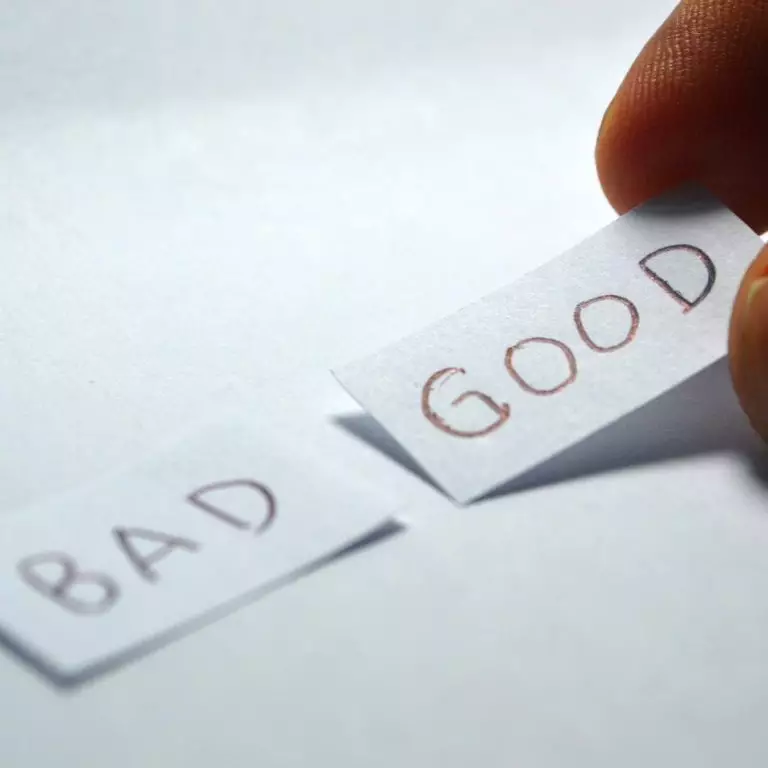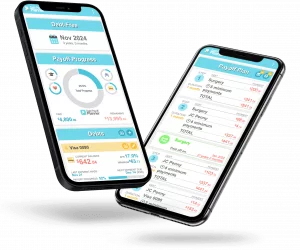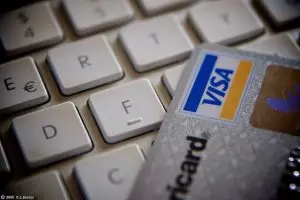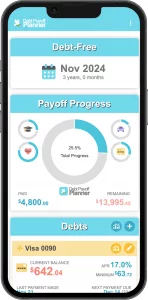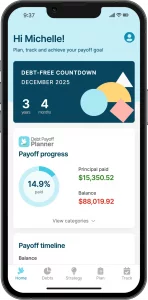Have you heard the terms “bad debt” and “good debt”? Take a moment before you read on, and answer this question for yourself. What are the things that make debt “bad?” And what are the things that make debt “good?”
I’ve always hated the terms “bad debt” and “good debt” for a couple of reasons. One is, everyone’s definition is different, so we all often end up talking at cross purposes, and creating more confusion than is necessary. The other is I think it lays moral implications on top of something where it isn’t useful. That especially becomes a problem if it intensifies your feelings of guilt and shame around your money situation. So when you were thinking about what makes debt bad, what characteristics did you think of? Here are some things that came up in my mind:
- High interest rate
- High risk (i.e. will I really be able to pay this off?)
- Used to buy things that I didn’t need, or that I should have saved for first (i.e. consumer debt)
- Unsecured credit
And when I think of “good” debt I thought of:
- Low interest rate
- Low risk
- Mortgages
- Business loans
- Good debt to income ratio
- Leveraged debt
When I look at these lists, I notice a couple of things. One, most of these are hard to quantify. Exactly how low does an interest rate have to be, for it to be “good?” And others had more to do with how they are used, not so much about the debt itself.
Is This Really a Useful Way of Looking at Debt?
I’d say that these criteria are so subjective that thinking of debt as good or bad really isn’t useful. And even more important, it implies that there are debts that you should feel guilty or ashamed to have. There are debts that are going to be harder to pay off or may have been used for purposes that you now think weren’t worth the risk of the debt, but feeling overwhelming feelings of guilt will only make it harder to pay off. The most important work when paying off debt often isn’t creating a debt plan. Often it is working through the feelings that the debt situation creates in you so that you can be truly ready to release your debt.
Are There Better Ways of Thinking of Debt?
Absolutely! Especially when thinking about taking on new debt, think about these things:
- Is the debt secured or unsecured?
- Is the item being purchased worth the price and risk of the debt?
- Is the item going to generate consumer debt (i.e. credit cards) or going to generate something like a mortgage?
- Do you have a solid plan in place to pay off the debt? Realistically, how likely is it you will be able to stick to the plan.
- Is it high interest or low interest?
- Will this debt help you generate money? Be honest with this one. People misuse the word “investment” all the time. A car is not an investment. A rental property or business may be an investment.
It doesn’t matter what other people think is “good” debt or “bad” debt. What matters is whether this debt is useful to you, and this list can help you understand whether the debt is really worth it for you.
